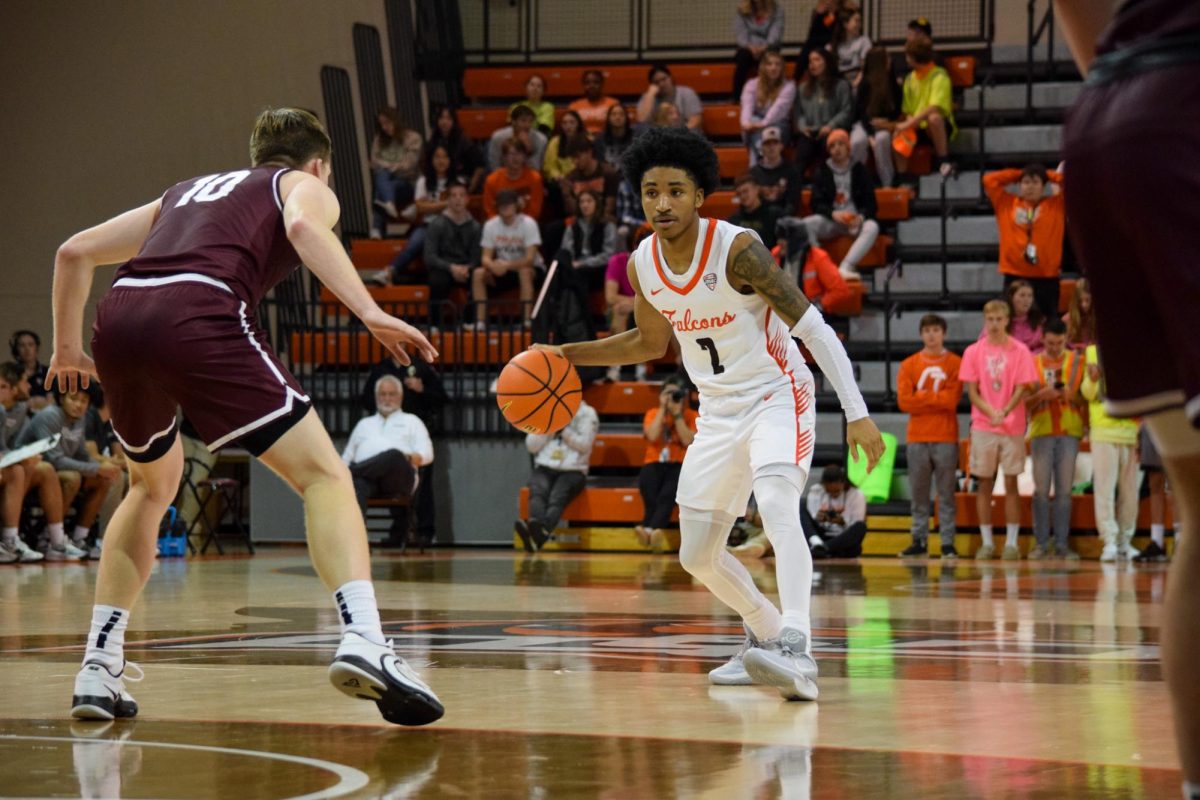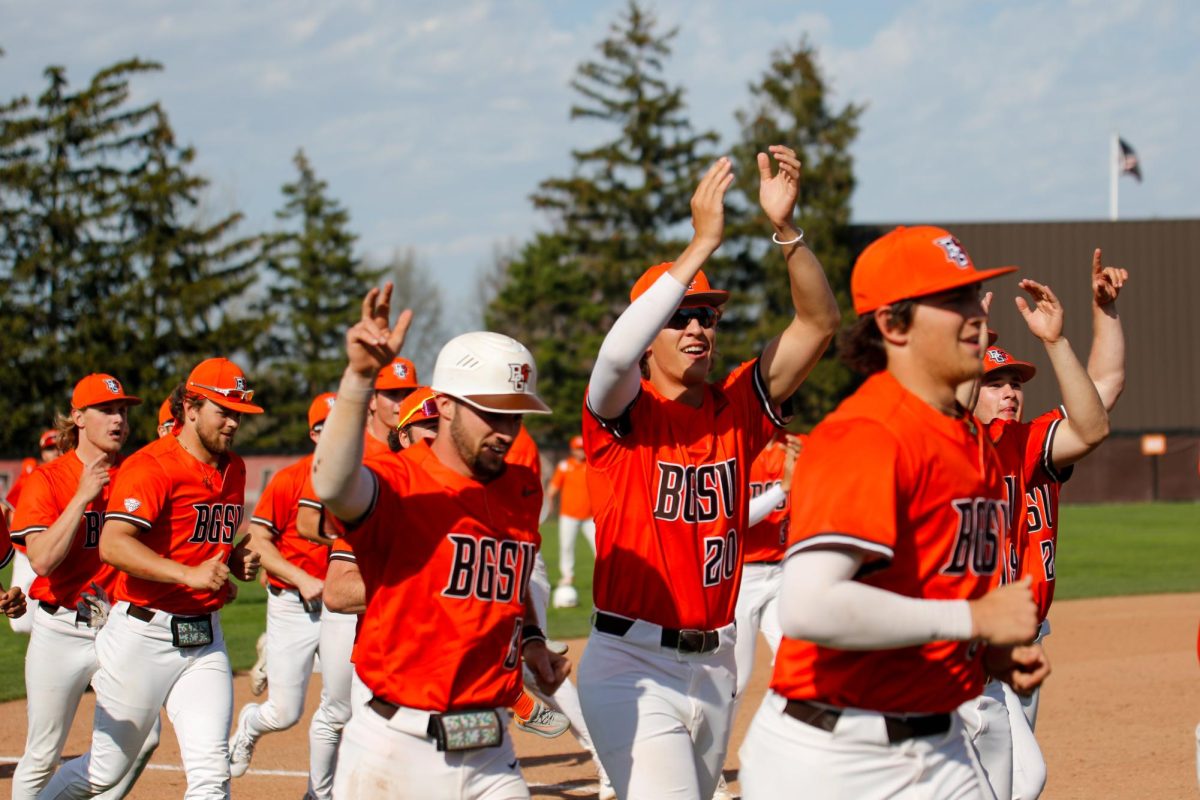By Julie Deardorff and V. Dion Haynes Chicago Tribune (KRT) CHICAGO _ Confronted by a staggering death toll from nightclub disasters in Chicago and Rhode Island, city inspectors and music club owners around the country have been jolted into critical examinations of safety procedures. Under the cover of night, local authorities are fanning out across communities, making spot checks at odd hours and searching for possible building and fire code violations at nightclubs, often crowded, boisterous and sometimes dangerous establishments. More than 115 people died in the two nightclub incidents, which occurred just four days apart, tragedies that involved building code or fire violations and masses of trapped partygoers who didn’t _ or couldn’t _ use all the available exits. In Chicago, where a panicked human stampede early Monday at the E2 nightclub on the South Side caused 21 deaths, the Fire Department stepped up inspections at nightclubs, concerts and other large venues over the weekend and will continue to do so indefinitely. Jam Productions, which produces shows across the city, and Metro, a live music venue, are now making pre-show announcements about the location of alternative exits. In the lobbies, they have begun making emergency procedure information available. Teen clubs will also get a close look. As a preventive measure, DuPage County, Ill., officials are reviewing safety conditions at Zero Gravity in Naperville, Ill., which caters to 16- to 22-year-olds. “Most people don’t think about it,” said Jam Productions’ Jerry Mickelson. “Now it’s time.” At The Station concert club in Rhode Island, at least 96 people died in a blazing fire late Thursday started by an illegal pyrotechnics display by the rock band Great White. According to early reports, the club apparently met most, if not all, state and local building codes, although officials said the bar was over its capacity of 300. The club was not required to have sprinklers because of its size, a now controversial issue that officials are re-examining. Rhode Island Gov. Don Carcieri said Friday that the legislature also planned a review of state building codes. In the U.S., there are no nationally mandated building and fire codes to accommodate regional differences such as earthquakes and tornadoes. Instead, municipalities adopt their own. Though national safety standards are published by the National Fire Protection Association and other organizations, they are not uniformly adopted or enforced, which is a growing problem, according to crowd management experts. With fractured and often unknown regulations, many clubs operate in a gray area. In some cases, building owners may change a building’s design or function after it has met codes. Or, more commonly, they simply pack too many people into a club. “The problem isn’t just the design of a building, it’s the operation,” said Jake Pauls, a consultant in building safety, who says existing codes are outdated. “There is a reluctance on the part of industry to establish standards. Usually the motives of a rock concert promoter are not about public safety but to get maximum economic return.” In Chicago, some inspections now will be random while others will be in response to complaints and tips about crowded and dangerous conditions that have come in following the E2 tragedy, said one city official, who asked not to be identified. “(The two tragedies) are a wake-up call for all of us,” said Bill Fitzgerald, owner of FitzGerald’s nightclub in Berwyn, Ill., who just installed a state-of the-art fire detection system and is considering making emergency exit announcements at the beginning of shows. “These guys (exceeding capacity limits) are playing Russian roulette,” Fitzgerald said. “Someday, something just purely awful is going to happen at one of their clubs too. It’s just a matter of time.” Sandwiched between the Chicago and Rhode Island tragedies, Minneapolis averted what could have been another major disaster last week when a band’s illegal pyrotechnic display started a fire at the Fine Line Music Cafe. Moving with relative calm and efficiency, the club’s staff made an announcement and led the approximately 120 audience members to three well-marked exits before the Fire Department arrived. Though the building was severely damaged, no one died. Minneapolis Fire Marshal Tom Deegan said the club’s owner had prepared his staff for emergencies by attending regular meetings with the Fire and Police Departments that emphasize safety and security issues. There had also been a task force meeting the afternoon of the fire, called in the wake of the E2 stampede. Now, some are pointing to the response by the staff as a model that shows education and crowd management can work. “We feel the partnership between the community, the bar owner and the fire education certainly proved its point in this case,” Deegan said. “Education is key. Unfortunately, wherever you go in the country, when they have budget cuts they don’t staff fire prevention bureaus.” Los Angeles recently required sprinklers in any new building where alcohol is served to more than 50 people. The city also has tough standards for pyrotechnic shows, requiring a live demonstration in advance and that people with extinguishers be posted on either side of the stage. Nightclubs are inspected annually, and inspectors spot-check the nightclubs if officials receive a complaint. Smoking is not allowed in public venues, including bars and nightclubs. “If we find someone with a locked exit, we’d cut the lock and have them talking to the city attorney the next day. If the facility held 200 people and they had 350 there, they’d talk to the city attorney the next day,” said Los Angeles Fire Battalion Chief Greg Gibson. “Chippendales (the club featuring male dancers) has had numerous violations for overcrowding. And they are no longer allowed to operate in L.A.” Brian Humphrey, a spokesman for the Los Angeles Fire Department, said newly built nightclubs and restaurants are required to have exit signs at the floor level so that people can better see them during a fire when smoke rises. “This helps people to better survive a fire by being able to feel their way out of the nearest exit,” Humphrey said. Safety experts also recommend finding an alternative exit before any trouble starts. In Rhode Island, the club had a working fire alarm system and emergency lighting. Officials said lighted signs over exit doors were operating properly, and that they were illuminated with battery backup. The club’s fire extinguishers worked. But the flames swept through the building in a flash _ one to two minutes. Fire officials and witnesses said the smoke was so thick that the emergency lighting didn’t matter. People headed back to the one way out they knew. “It’s natural for people to try to go out the way they came in,” said David Hollingworth, who runs NightclubBiz.com consulting service in Ontario. “They ignore other exits that are closer.” Hollingworth suggests nightclubs install bright lights near exits that would flash when a fire alarm has been activated. He also stressed that guards should never use chemicals like pepper spray or carry weapons. The E2 incident was triggered when someone used pepper spray on customers who were fighting. “Experienced security staff know how to head off violence before it happens,” Hollingworth said. “When you see something funny happening, you don’t rush the scene. You converge slowly and try to intercept the situation before you have an all-out brawl, because then anything can happen. “If you take ego, romance, alcohol and aggression, and mix that in a confined area with that many people, inherently you are going to have problems.” ___ ‘copy 2003, Chicago Tribune. Visit the Chicago Tribune on the Internet at http://www.chicago.tribune.com/ Distributed by Knight Ridder/Tribune Information Services.
Latest Stories
- Bowling Green’s DJ Smith enters the transfer portal
- BGSU baseball at KSU series preview: Falcons head back on the road to battle Kent State
- Former BGSU men’s basketball guard Marcus Hill transfers to NC State
- BGSU women's golf falls short at the MAC Championship
- Former BGSU men’s basketball player Rashaun Agee transfers to USC


















